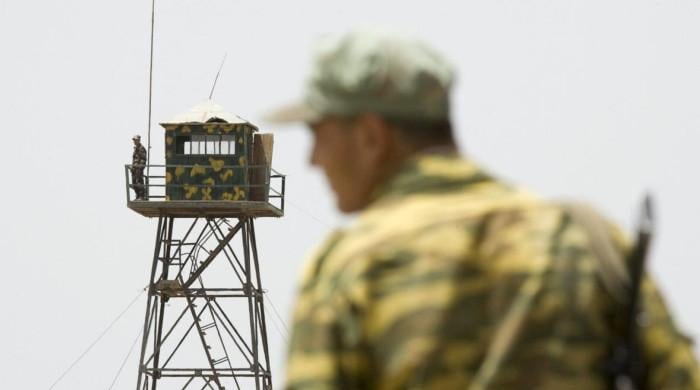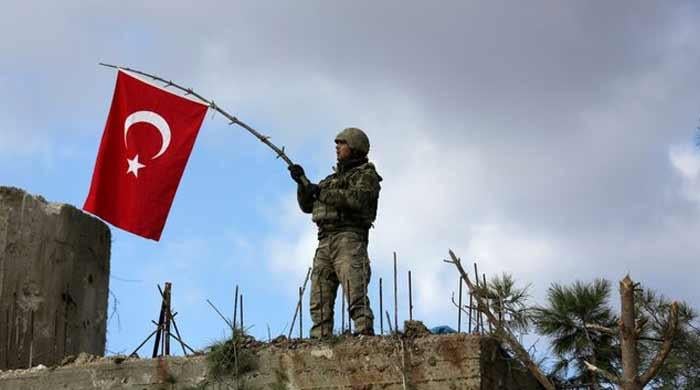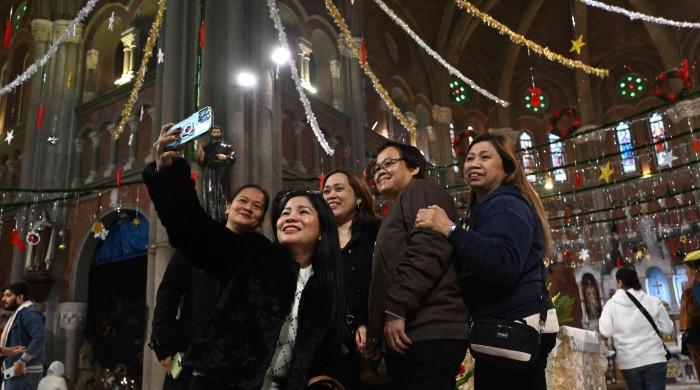"Australia's worst female serial killer" pardoned after 20 years
Folbigg received a 25-year prison sentence in 2003 for the murders of her children
June 06, 2023
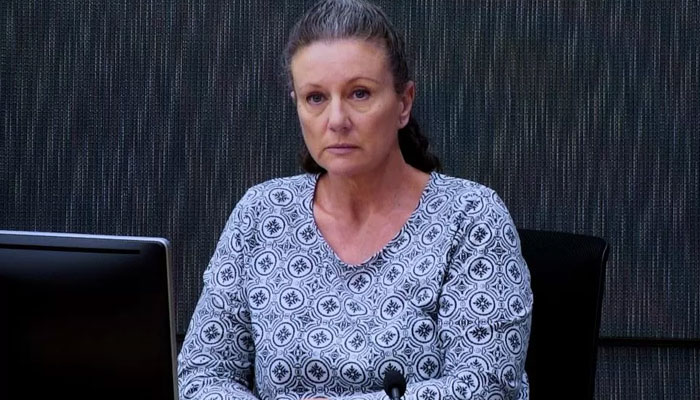
Kathleen Folbigg, previously labelled "Australia's worst female serial killer," has been granted a pardon following the emergence of new evidence that raises doubts about her alleged involvement in the deaths of her four infant children.
After a jury convicted Folbigg of killing her sons Caleb and Patrick, as well as her daughters Sarah and Laura over a decade, she spent 20 years in prison. However, a recent inquiry presented scientific findings suggesting that the children may have died of natural causes.
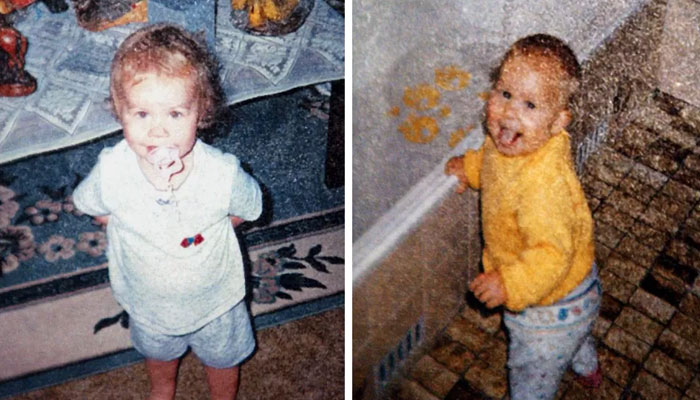
The case of the 55-year-old has been recognised as one of Australia's most significant miscarriages of justice. Despite consistently maintaining her innocence, Folbigg received a 25-year prison sentence in 2003 for the murders of three of her children and the manslaughter of her first son, Caleb. The prosecution argued that she had smothered the children, who all died suddenly between 1989 and 1999, ranging in age from 19 days to 19 months.
Previous appeals and a separate 2019 inquiry into the case failed to establish reasonable doubt, emphasising circumstantial evidence from Folbigg's original trial. However, during the recent inquiry led by retired judge Tom Bathurst, prosecutors acknowledged that their understanding of the children's deaths had shifted due to research on gene mutations.
On Monday, New South Wales Attorney General Michael Daley announced that Mr Bathurst had concluded there was reasonable doubt regarding Folbigg's guilt. Consequently, the governor of New South Wales signed a full pardon, ordering Folbigg's immediate release from prison. Daley expressed his hope for peace for Folbigg after her arduous 20-year ordeal, while also considering the children's father, Craig Folbigg.
Although the unconditional pardon does not invalidate Folbigg's convictions, Daley stated that the Court of Criminal Appeal would decide on quashing the convictions if Mr Bathurst chooses to refer the case to them. This process could take up to a year. If her convictions are overturned, Folbigg may potentially seek millions of dollars in compensation by suing the government.
The parallels between Folbigg's case and that of Lindy Chamberlain, who was wrongfully convicted of murdering her nine-week-old daughter in 1982, have been drawn. Chamberlain was awarded A$1.3 million in 1992 for her wrongful conviction after claiming that a dingo had taken her baby. However, advocates argue that Folbigg's case surpasses Chamberlain's in terms of the inflicted harm and the extent of her imprisonment.
Rhanee Rego, Folbigg's lawyer, expressed the difficulty in comprehending the pain endured by Kathleen Folbigg, having lost her children and spending nearly two decades confined in maximum-security prisons. The case highlights the need for the legal system to be more "science sensitive," as emphasised by the Australian Academy of Science.
The recent inquiry unveiled genetic mutations shared by Folbigg's daughters and sons, shedding light on potential underlying causes for their deaths. This pivotal discovery, described as a "beautiful moment" by Professor Carola Vinuesa, the leader of the research team from the Australian National University, offers hope to other women facing similar circumstances and prompts calls for reform in the legal system.






